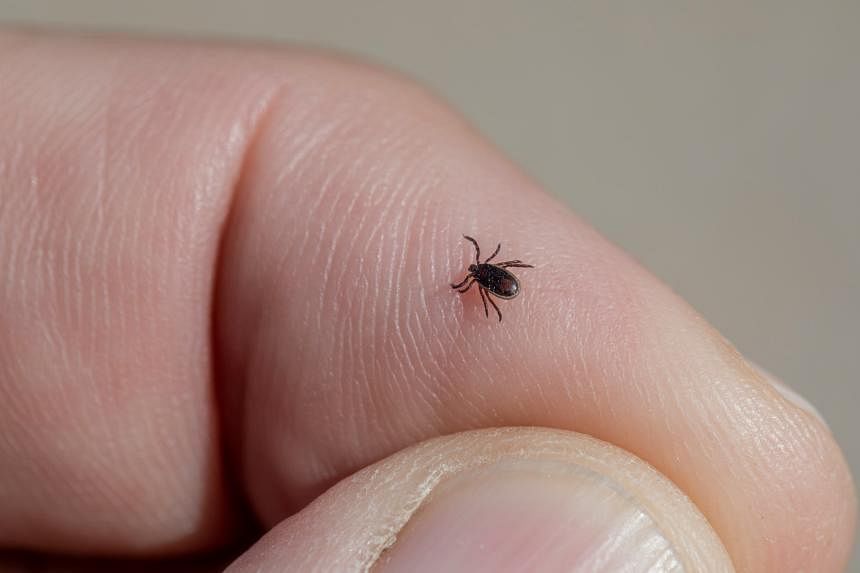The first human-to-human transmission of a viral infection linked to ticks was recorded in Japan, the country’s National Institute of Infectious Diseases said on March 19.
A doctor in his 20s contracted the infection – severe fever with thrombocytopenia syndrome (SFTS) – from a male patient in his 90s, reported The Yomiuri Shimbun. The elderly patient was diagnosed with the disease in April 2023.
Symptoms of SFTS include fever, low blood platelet count, and influenza-like symptoms or gastrointestinal symptoms such as nausea and diarrhoea, according to the National Centre for Infectious Diseases (NCID) in Singapore.
When the patient died, the doctor removed his intravenous drip and soon developed a 38 deg C fever and other symptoms. He was diagnosed with the disease nine days later.
Human-to-human transmission was confirmed after the genes of the viruses in the two men were found to be identical. The doctor’s condition has since improved.
The disease is most commonly transmitted from infected animals such as cattle and rodents to humans through a tick bite, according to the NCID website.
There is no evidence that suggests the main vector, the Asian long-horned tick, is established in tropical countries such as Singapore.
Cases of human-to-human transmission have been previously reported in China and South Korea.


